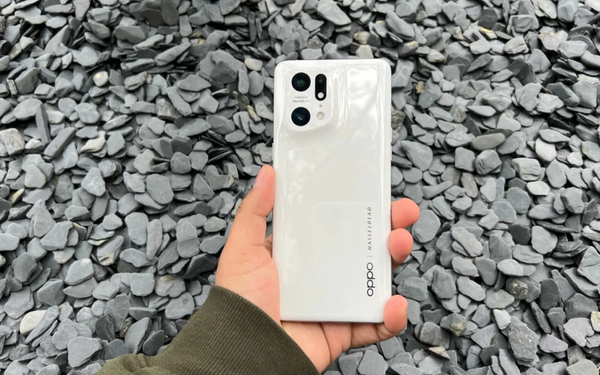For some time now, rumours have circulated that Oppo is working on its own smartphone chipset, and the most recent speculation is that the firm will release the in-house CPU in 2024.
Ice Universe claims that the Chinese smartphone manufacturer has assembled a new team of thousands of workers specifically for this endeavour. A major transformation in Oppo’s operations is expected, while it is unclear whether other brands owned by BBK Electronics, such as OnePlus, Realme, and Vivo, would utilise the reported chipset.
According to the latest rumour, Oppo is looking to reduce its reliance on outside suppliers by building its own smartphone components in-house. It was speculated in late 2021 that Oppo will begin mass producing its chipsets using TSMC’s 3nm technology. There were rumblings that Oppo may launch its own CPU in 2023 or 2024.
It appears that decreasing Android OEMs’ reliance on dominant chipmakers like Qualcomm is gaining traction. Google has been doing this for quite some time, and so has Samsung with its Exynos brand. However, the South Korean tech giant is reportedly considering spinning off its chipset section, Samsung LSI, into its own company (which manufactures the Exynos chipsets). Until it was banned by the United States government, Huawei manufactured its own Kirin CPU.
Oppo’s purported attempts are not completely novel. The Google Pixel 6 and Pixel 7 series, for example, feature Google’s own Tensor chip, a bespoke processor found in many of today’s top Android smartphones. Samsung’s current Galaxy S and S II flagship smartphones use Exynos chipsets outside of the United States, but that will change shortly.
The business has previous experience developing its own chipset. Oppo’s first bespoke processor, the MariSilicon X imaging NPU, made its debut in the company’s Find X5 line of smartphones. Therefore, it will not be too unexpected if Oppo begins manufacturing its own smartphone CPUs in 2019.

Subtly charming pop culture geek. Amateur analyst. Freelance tv buff. Coffee lover
